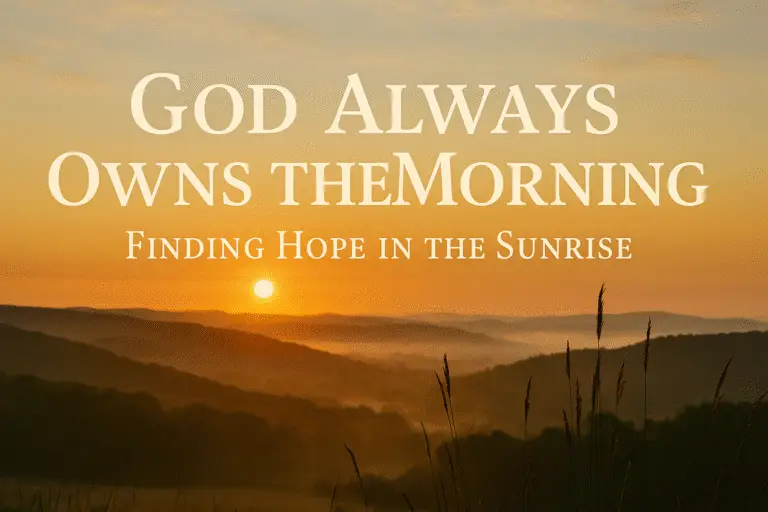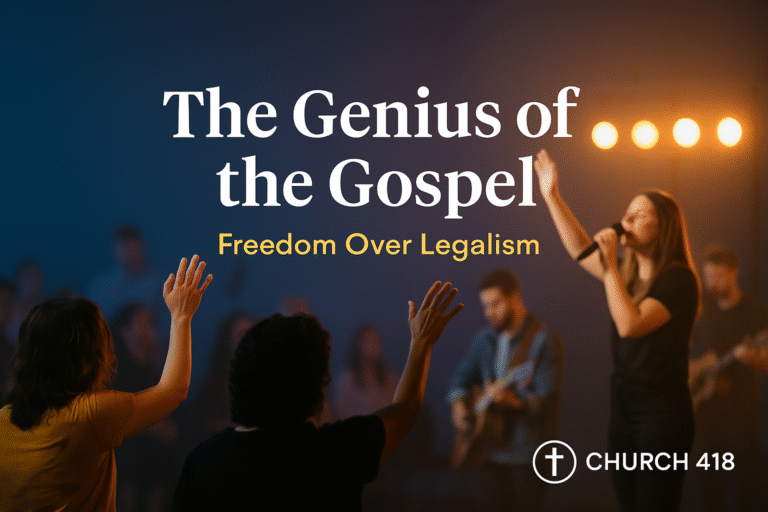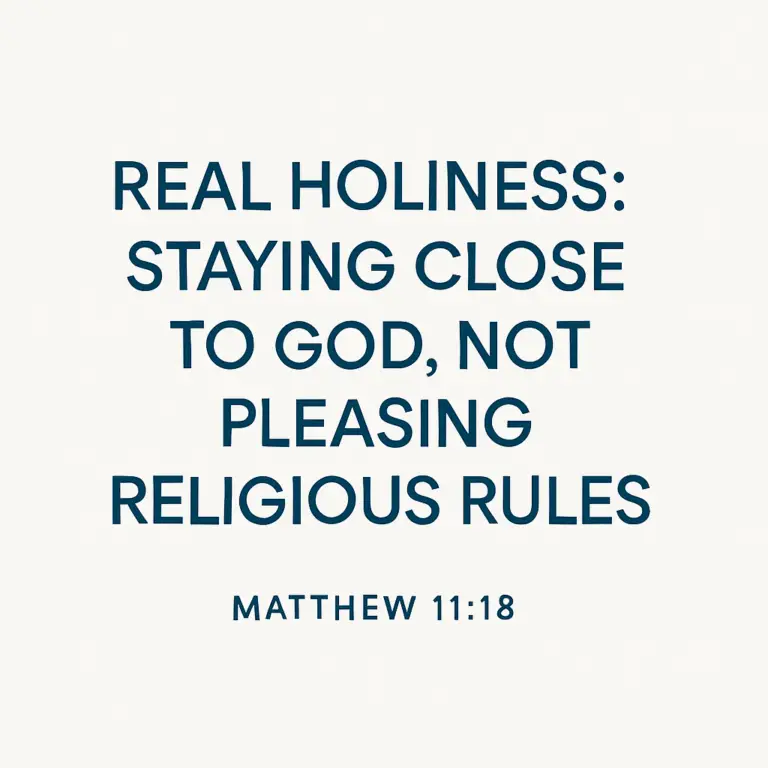Let Justice Roll: Amos, Jesus, and the Work Beyond Pity
In a world where injustice often hides behind polite religion and well-meaning charity, the ancient cry of Amos cuts through the noise:
“Let justice roll down like waters, and righteousness like an ever-flowing stream.” (Amos 5:24)
Many of us want to help the poor — we donate to causes, volunteer at food pantries, and sing worship songs about loving our neighbors.
But if Amos and Jesus stood in many of our churches today, would they find more than just pity?
Would they find people willing to break the systems that keep others trapped and provide real help?
Amos: Religion Without Justice
Amos was no palace prophet — he was a shepherd and farmer from a small village.
He had no pedigree to stand in the king’s court, but he had the boldness to stand before Israel’s religious elite and declare:
“I hate, I despise your feasts… Take away from me the noise of your songs!” (Amos 5:21–23)
Why? Because behind the music and sacrifices were marketplaces where the poor were sold for the price of a pair of sandals.
Courts were rigged for the rich. The powerful lay on ivory beds while the hungry starved at their gates.
Their worship looked good — but it had nothing to do with the God who sets captives free.
Amos thundered that God does not want hollow rituals that cover up injustice.
Jesus: Confronting Oppression, Not Comforting It
Centuries later, Jesus stands in the synagogue in Nazareth and reads from Isaiah:
“The Spirit of the Lord is upon me, because he has anointed me to proclaim good news to the poor… freedom for the prisoners… to set the oppressed free.” (Luke 4:18–19)
Jesus didn’t just bring comfort and pity — He brought confrontation and liberation.
He flipped the tables of the money changers exploiting worshipers.
He rebuked religious leaders who crushed people under heavy burdens but refused to lift a finger to help.
He saw through pity. He saw the root problem: unjust systems that needed to be overturned.
Pity Alone Doesn’t Heal
Today, we often do the same. We see people struggling with poverty, housing insecurity, addiction — and we might feel sorry.
Maybe we donate some money or drop off a meal. Pity feels good. It makes us feel righteous.
But pity alone does not break chains. Pity without justice becomes a band-aid on a system that keeps crushing the same people, generation after generation.
Amos refused to stand by while religion covered injustice with songs.
Jesus refused to comfort the wounded while ignoring the wolves tearing them apart.
Modern Churches: Same Songs, Same Tables
If we’re honest, churches today often repeat these same mistakes:
- We sing about freedom but stay silent about laws and policies that chain people in cycles of poverty.
- We build bigger sanctuaries while neglecting broken homes next door.
- We preach grace but judge those who don’t look or live like us.
- We send mission trips overseas but ignore injustice in our own neighborhoods.
We offer pity, but fear the cost of real justice — because justice means turning over tables we sometimes benefit from.
What Does Justice Look Like Today?
Amos says God wants rivers of justice, not puddles of charity.
Jesus shows the Kingdom is good news for the poor, sight for the blind, freedom for the oppressed — here and now.
What does that look like for us?
- It means asking why people are hungry — not just feeding them but challenging the systems that keep them that way and doing something about it.
- It means using our voices, votes, and resources to stand with the vulnerable.
- It means letting our worship be more than songs — making it a river of action, sacrifice, and courage.
- Now just assuming people can pull themselves up by thier own bootstraps when they don;t even have boots!
A Prophetic People, Not Just a Pitying People
Jesus didn’t call us to pity alone — He calls us to prophetic action.
To be the Body of Christ today is to be Amos’s echo: to speak truth when worship loses its soul, to act when charity masks deeper injustice.
A Prayer for Our Time
God of Amos and Jesus, give us courage to be more than a pitying people.
Give us boldness to break what oppresses.
May our worship and our action be a river of justice that rolls through our homes, churches, and cities. Amen.
Go Deeper
Gather friends and dive deeper with our free Let Justice Roll Bible study.
It’s designed to push us beyond pity — into the work of freedom and justice. Email us for our recent Bible Study guide on this topic: contact@church418.com
Join the Conversation
Where do you see pity without justice today?
What does it look like for you to move beyond charity into real change?
Drop a comment — let’s learn from each other and grow this river of justice together.



